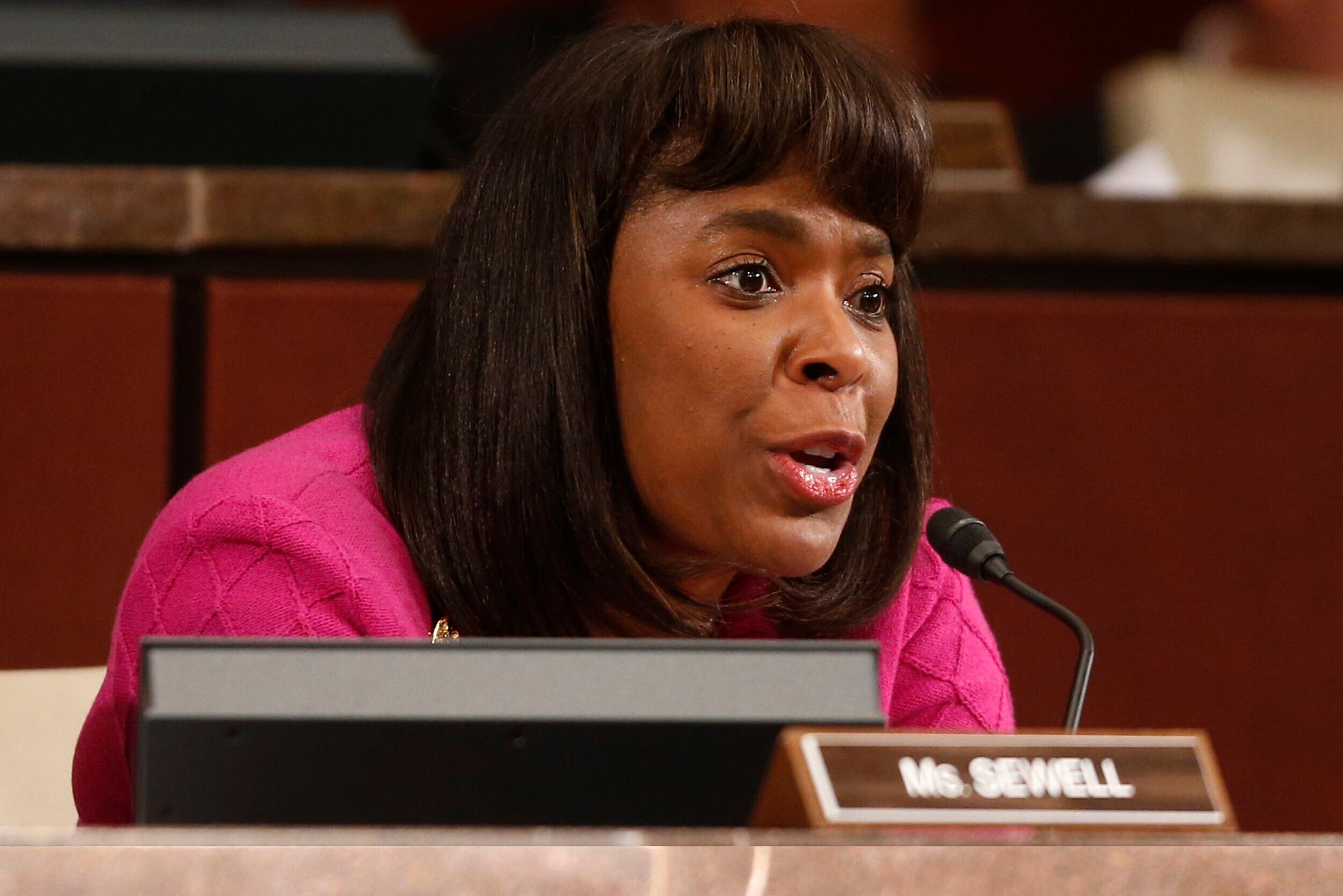On Wednesday, Congresswoman Terri Sewell (D-AL07) voted to pass the Financial Services Racial Equity, Inclusion, and Economic Justice Act. This legislation is intended to advance racial equity and economic justice by combating discriminatory practices in employment, income, wealth, and access to affordable credit.
However, Congressman Barry Moore (R-AL02) opposed the bill, saying it would increase regulatory control and costs on small businesses, as well as expanding the authority of the controversial Consumer Protection Finance Bureau (CFPB) by creating a new “Office of Fair Lending Testing” within the CFPB that has the authority to make enforcement recommendations to the DOJ for lending discrimination violations based on vaguely defined criteria.
This bill passed the House of Representatives on a largely party-line vote of 215 to 207. It now moves on to the Senate, where the filibuster 60-votes-rule makes passage far from certain.
“Stable employment, home ownership, and financial security are essential to the American Dream and should be accessible to all people regardless of race or economic status,” said Sewell. “I was proud to vote for the Financial Services Racial Equity, Inclusion, and Economic Justice Act to ensure every individual, every family, and every small business has an equal chance at achieving good financial health and well-being.”
Congressman Barry Moore (R-AL02) voted against the Democratic legislation.
“With inflation at historic highs, supply chains broken, and gas prices crippling American families, it is astounding that Democrats’ priority is imposing costly new woke requirements on financial institutions that will be passed on to American businesses and families,” said Moore.
According to recent studies, Black and Latino households earn only half as much as the average white household and own only 15 to 20 percent as much net wealth. According to Brookings, the racial wealth gap between White and Black households is $10 trillion. In 2020, only 44% of Black families owned homes compared to 75% of white families.
In terms of representation, boards of both the largest banks and investment firms are roughly 80% White and 70% male. Women of color are even less likely to reach senior-level positions within financial institutions. More than half of Black-owned banks have closed their doors since 2008.
Sewell’s office explained that the Financial Services Racial Equity, Inclusion, and Economic Justice Act includes several provisions:
The Federal Reserve Racial and Economic Equity Act would require the Federal Reserve to use its role to help eliminate racial and ethnic disparities in employment, income, wealth, and access to affordable credit.
The Diversity and Inclusion Data Accountability and Transparency Act would require diversity and inclusion data disclosure from federally regulated financial firms.
The LGBTQ Business Equal Credit Enforcement and Investment Act would require financial institutions to collect their self-identified sexual orientation and gender identity information to help combat discriminatory practices against lesbian, gay, bisexual, transgender and queer (LGBTQ+) business owners.
The Improving Language Access in Mortgage Servicing Act would establish language access requirements for creditors and servicers to better serve borrowers with limited English proficiency.
The Fair Lending for All Act would clarify and extend anti-discrimination laws, establish criminal penalties for credit discrimination, and creates a CFPB Office of Fair Lending Testing to review loan applications for compliance with applicable laws.
The Promoting and Advancing Communities of Color Through Inclusive Lending Act would make bold reforms to support MDIs, CDFIs, minority lending institutions (MLIs), and young entrepreneurs.
The Promoting New and Diverse Depository Institutions Act would require federal banking regulators to study examining challenges new depository institutions face and to develop a strategic plan to support the creation of newly chartered depository institutions, especially MDIs and CDFIs.
The Promoting Diversity and Inclusion in Banking Act would require federal banking regulators to include a diversity and inclusion component in the CAMELS rating system to evaluate how federally insured depository institutions are promoting diversity and inclusion.
The Improving Corporate Governance Through Diversity Act would require public companies to annually disclose diversity among their board directors and confirm whether it has adopted any policy to strengthen diversity among board members or company executives.
The Ensuring Diversity in Community Banking Act would strengthen MDIs and “impact banks” that predominantly serve low-income communities.
The Expanding Opportunity for MDIs Act would codify the Treasury’s Financial Agent Mentor-Protégé Program, providing MDIs and other small financial institutions with mentorship opportunities from larger institutions.
The CDFI Bond Guarantee Program Improvement Act would reauthorize the CDFI Bond Guarantee Program for 4 years and reduce the minimum issuance threshold from $100 million to $25 million to allow more CDFIs to participate.
The Expanding Financial Access for Underserved Communities Act would allow all federal credit unions to expand their membership to include underserved communities and exempt small business loans made in underserved areas from the credit union member business lending cap.
According to Moore’s office this legislation has some flaws including:
Wrongly expands the Federal Reserve’s mandate by tasking the board with addressing socio-economic disparities rather than its intended focus on sustainable employment and price stability.
This new responsibility falls outside the core competency of the Federal Reserve and will only distract Fed officials at a time when they should be solely focused on reducing inflation.
H.R. 2543 would pile regulatory costs on small businesses already struggling with labor shortages and increased costs, by imposing a one-size-fits-all mandate to report diversity and inclusion data.
The bill also expands the authority of the unaccountable and unconstitutional CFPB by creating a new “Office of Fair Lending Testing” within the CFPB that has the authority to make enforcement recommendations to the DOJ for lending discrimination violations based on vaguely defined criteria.
Finally, at a time when potential home buyers face rising mortgage rates, the bill increases regulatory and compliance requirements on loan providers that will only be passed on to home applicants.
To connect with the author of this story, or to comment, email brandon.moseley@1819News.com.
Don’t miss out! Subscribe to our newsletter and get our top stories every weekday morning.










